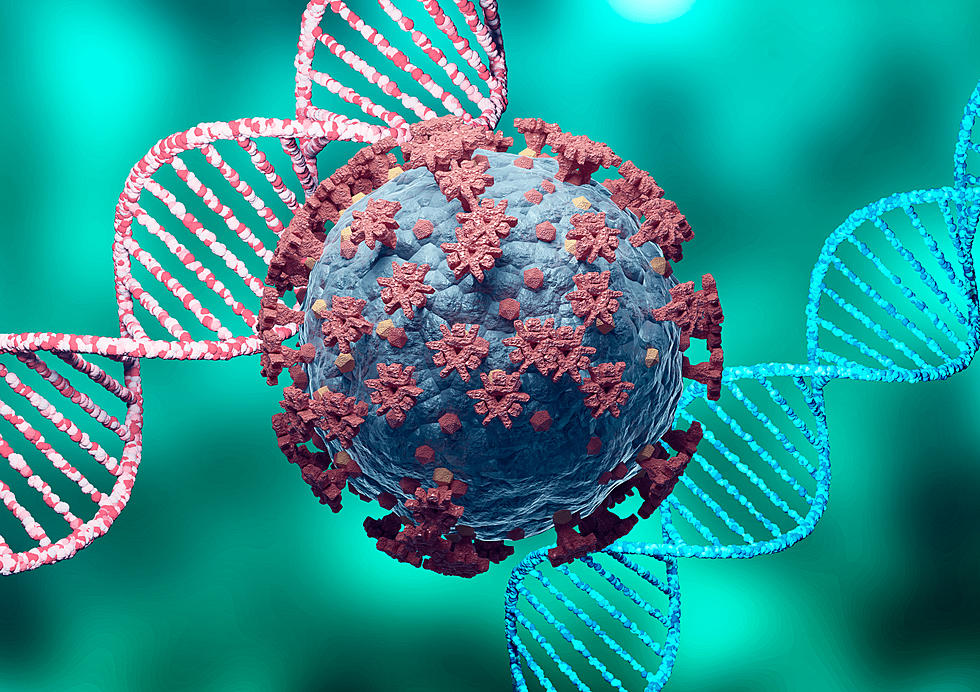
Delta plus is starting to circulate in Europe: Is New Jersey next?
During the latest COVID update in Trenton, Gov. Phil Murphy announced the number of new COVID cases continues to trend downward (774 on Monday) and hospitalizations are down to 627, but he voiced concern about the rising number of Delta plus cases in Europe.
New Jersey state epidemiologist Dr. Tina Tan said the CDC is monitoring this carefully and the variant has not taken hold in this country.
She said one of the best ways to fight Delta plus, and other types of COVID, is through vaccination because “we’re going to minimize the ability for the virus to mutate and to create the emergence of more variants.”
Dr. Stanley H. Weiss, a Rutgers University epidemiologist and professor at the Rutgers New Jersey Medical School, said because we don’t know a lot about Delta plus right now “we need to look more carefully to see if it’s arriving here, with enhanced surveillance and testing.”
He said we don’t know for sure but the hope is the COVID vaccines will be very effective in preventing serious illness from Delta plus.
“There isn’t enough Delta plus that’s been evaluated to know. We want to be very cautious when looking at that,” he said.
Weiss noted the CDC was surprised how quickly the Delta variant began spreading last winter and spring, and officials were also caught off guard because Delta was significantly more contagious than other strains.
He said the early data suggest Delta plus is only slightly more contagious than the Delta form of COVID “and that there’s no evidence that it has a different pattern in terms of morbidity and mortality.”
Dr. Tan agreed our understanding of Delta plus to this point is limited but “there’s no evidence right now to suggest that there’s an impact to the current vaccines that are being used right now.”
Gov. Phil Murphy said with U.S. officials now allowing fully vaccinated individuals from Europe to travel to this country on commercial flights “please God it stays that way, we shall see, please God we’ve got this thing on the run.”
You can contact reporter David Matthau at David.Matthau@townsquaremedia.com.
Answers to 25 common COVID-19 vaccine questions
More From New Jersey 101.5 FM









